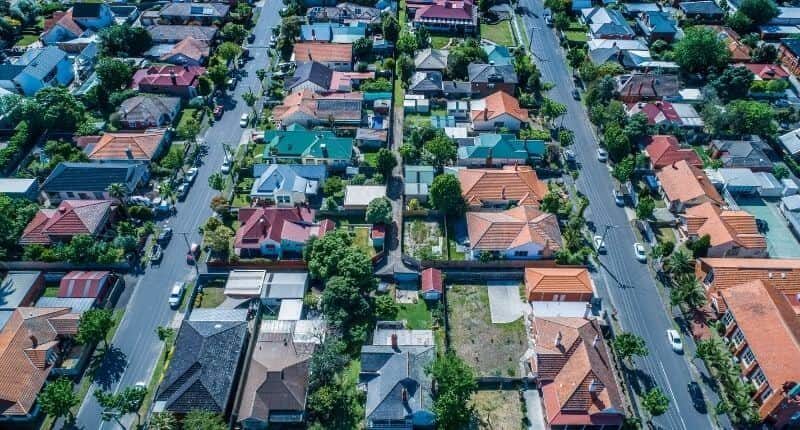- Fragmented and fractional buying is an emerging alternative
- Sharp increase in Australians entering stock market for the first time
- Expert is concerned at lack of financial literacy among novice investors
With property prices rising, there are plenty of stories of many Australians being priced out of the housing market, such as first home buyers.
This is despite promising data from New South Wales showing that 30% of the owner-occupier market is first home buyers – an increase from below 15% in 2016.
Many Australians are now exploring alternatives to property.
Fragmented or fractional buying is one such substitute.
In simple terms, this means as an individual you can purchase a small portion of a property – which means people with a lower-cost can get their foot into the housing market.
Previously, on The Property Tribune, we have reported on such platforms which include BrickX and DomaCom, both fractional property platforms, along with Bricklet which is a fragmented platform.
Fragmented means all investors are true owners of the property whilst fractional property involves investors owning shares of a company or trust that legally owns the property.
Last month, Bricklet underwent a Series A capital raise which attracted the interest of investors such as News Corporation, REA Group and Ironfish.
Other alternatives include the good old stock market.
Despite the highs and lows of last year, an extraordinary 435,000 Australians joined the stock market in 2020, according to a report from Investment Trends.
There is a range of property-related stocks everyday retail investors can access such as Scenture Group, Charter Hall and Stockland Corporation to name a few.
Dr Angel Zhong, a Senior Lecturer in Finance at RMIT University, said a range of factors such as low-interest rates, global sharemarket volatility, government stimulus and the emergence of low-cost trading platforms have incited many Australians to join the stock market.
“Dramatic volatility and the low share prices in the first half of 2020 attracted many young investors. Retail investors are shown by finance research to prefer low-priced stocks.
“The fear-of-missing-out and get-rich-quick are general behavioural biases observed in retail investors.
“Low-cost trading platforms further fuelled and lured young and novice investors’ entrance to the share market for the very first time.”
Dr Zhong, RMIT Univeristy
Dr Zhong added social media provides a platform where unmoderated advice occurs which she says is a concern, especially for novice investors.
“The rapid increase in share market participation highlights the importance of incorporating and enhancing financial literacy in education.
“Investors who are not financial literate are vulnerable to social trading and could incur losses in the share market.”
Dr Zhong, RMIT University
~~
Before investing in any asset, please do your own independent research, taking into account your own personal financial situation. This article does not purport to provide financial advice. See our Terms of Use.





